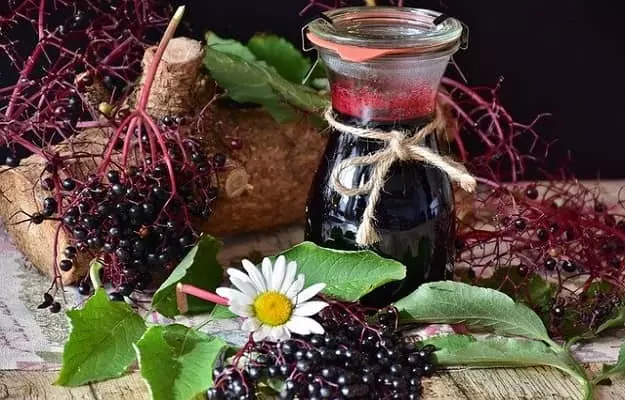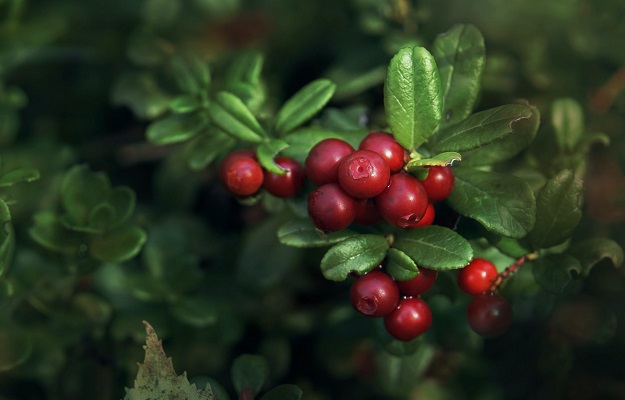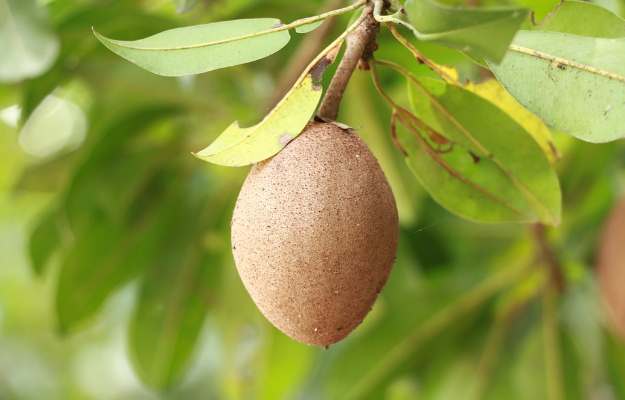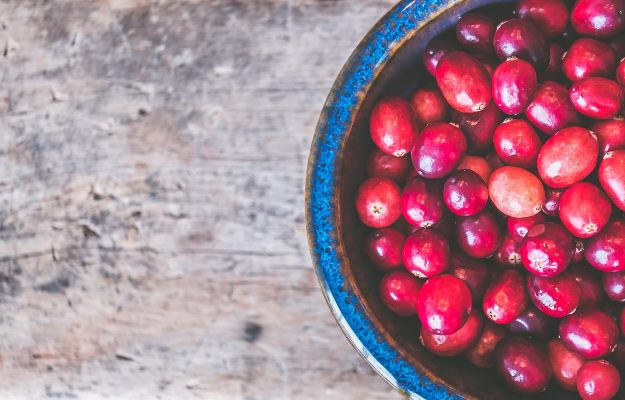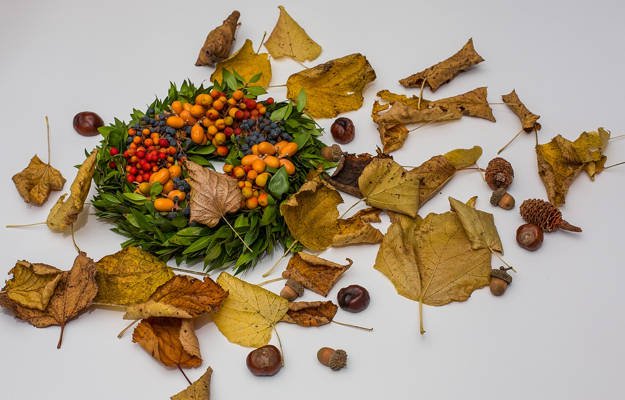Elderberry is a deciduous shrub with black, blue or purple berries that grow in clusters on brittle stems. The berries have a peculiar sweet-tart taste which makes them the perfect ingredient for jams, jellies, pies, wine and even tea.
The two most common types of elderberry are black or European elderberry and American elderberry.
Black elderberry has been in use across Europe and parts of Asia and Africa for their medicinal properties. American elderberry also has a history of medicinal use by the Native Americans, especially in the treatment of conditions like fever and rheumatism but the latter has not got much attention from either the general population or the scientific community. Nonetheless, both the elderberry plants have the same morphology and properties and are usually considered to have similar benefits.
Did you know?
Hippocrates, considered to be the father of modern medicine, called elderberry "nature’s medicine chest" due to its medicinal properties.
Some basic facts about elderberries:
- Scientific name: Sambacus nigra (European elderberry), S. canadensis (American elderberry)
- Common name: Elderberry plant, elder plant, black elder, American elder, European elder, dwarf elder
- Parts used: Fruits, flowers, leaves, bark
- Native region and geographical distribution: Black elder is found across Europe, South-west Asia and northern Africa, while American elder is mainly found in North America.

